A law student’s theory about the recent deaths of two Supreme Court justices embroils her in a far-reaching web of murder, corruption, and greed.
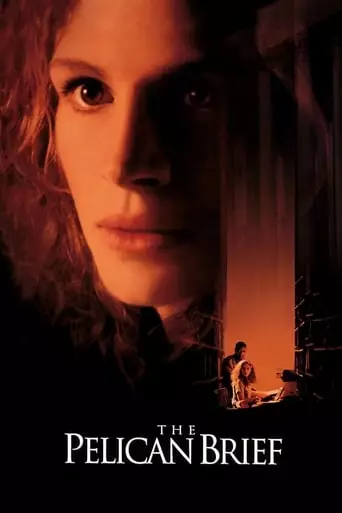
A law student’s theory about the recent deaths of two Supreme Court justices embroils her in a far-reaching web of murder, corruption, and greed.

After divorcing his ambitious singer wife, a middle-aged man begins a new relationship with a teacher.
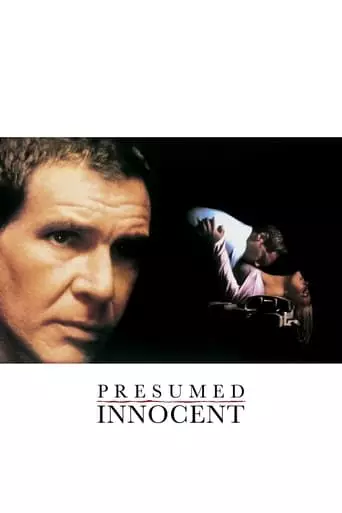
Rusty Sabich is a deputy prosecutor engaged in an obsessive affair with a coworker who is murdered. Soon after, he’s accused of the crime. And his fight to clear his […]
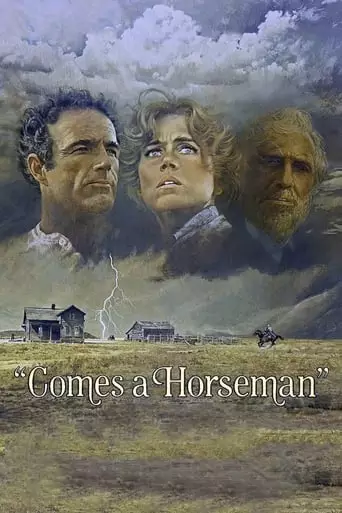
Ella Connors is a single woman who gets pressured to sell her failing cattle farm to her corrupt ex-suitor, Jacob Ewing. She asks for help from her neighbor, Frank Athearn. […]
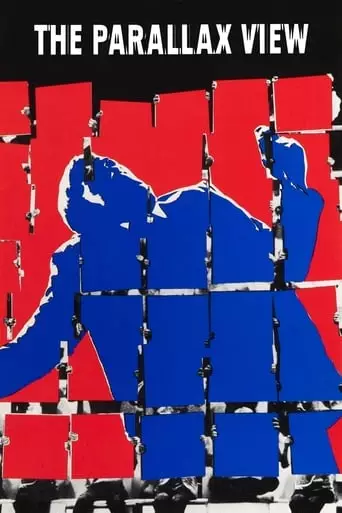
An ambitious reporter gets in trouble while investigating a senator’s assassination which leads to a vast conspiracy involving a multinational corporation behind every event in the world’s headlines.
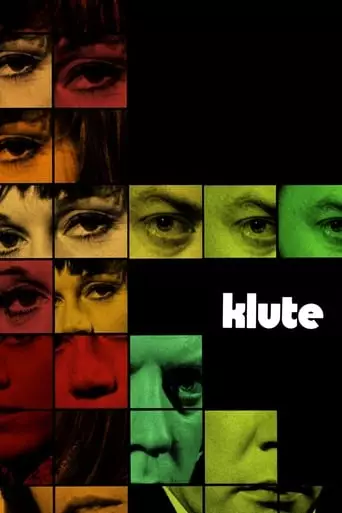
A high-priced call girl is forced to depend on a reluctant private eye when she is stalked by a psychopath. Klute, directed by Alan J. Pakula, is a gripping psychological […]
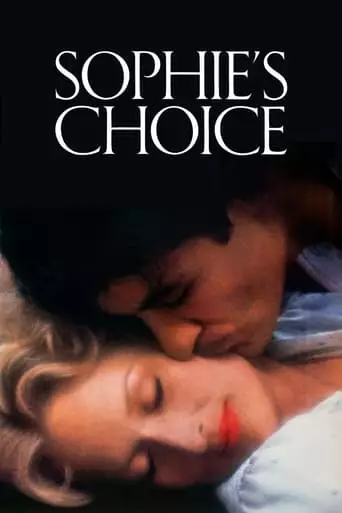
Stingo, a young writer, moves to Brooklyn in 1947 to begin work on his first novel. As he becomes friendly with Sophie and her lover Nathan, he learns that she […]
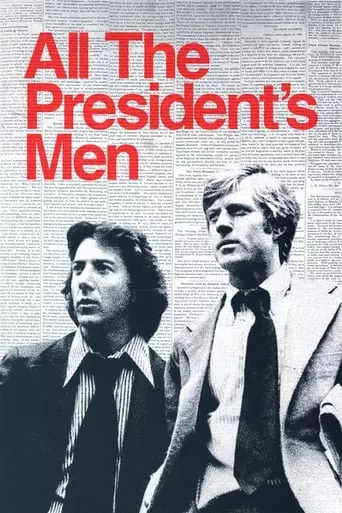
During the 1972 elections, two reporters’ investigation sheds light on the controversial Watergate scandal that compels President Nixon to resign from his post.
Alan J. Pakula: The Master of Paranoia and Human Complexity
Alan J. Pakula, one of the most influential filmmakers of the 20th century, was a master storyteller known for his ability to weave intricate narratives with deeply human characters. Over a career spanning more than three decades, Pakula directed and produced films that combined emotional depth, moral ambiguity, and a gripping sense of suspense. From intimate dramas to political thrillers, his works remain essential viewing for their timeless relevance and craftsmanship.
Early Life and Entry into Filmmaking
Born on April 7, 1928, in The Bronx, New York, Pakula was the son of Polish Jewish immigrants. After studying drama at Yale University, he entered the film industry in the 1950s, working as an assistant at Warner Bros. His talent and determination led him to a producing partnership with director Robert Mulligan. Together, they created several acclaimed films, including the timeless classic To Kill a Mockingbird (1962), which won three Academy Awards and established Pakula as a rising force in Hollywood.
Directorial Debut: The Sterile Cuckoo
Pakula made his directorial debut with The Sterile Cuckoo (1969), a poignant coming-of-age drama starring Liza Minnelli. The film was a modest success and showcased Pakula’s talent for exploring complex emotional landscapes. This debut hinted at the themes that would come to define his work: intimate character studies intertwined with broader societal concerns.
The Paranoia Trilogy: A Study in Suspense
Pakula’s most celebrated works came in the 1970s with his “Paranoia Trilogy,” three films that captured the unease and distrust of the post-Watergate era.
Klute (1971): This neo-noir thriller starred Jane Fonda and Donald Sutherland in a gripping story about a private investigator and a call girl drawn into a dark conspiracy. Fonda’s Oscar-winning performance and Gordon Willis’s haunting cinematography elevated the film into a genre-defining classic.
The Parallax View (1974): A chilling exploration of political assassinations and corporate conspiracies, this film starred Warren Beatty as a journalist uncovering a sinister organization. Its unsettling atmosphere and ambiguous conclusion cemented Pakula’s reputation as a master of paranoia.
All the President’s Men (1976): Chronicling the real-life investigation by Washington Post reporters Bob Woodward and Carl Bernstein into the Watergate scandal, this film is considered a masterpiece of investigative journalism on screen. Starring Robert Redford and Dustin Hoffman, it earned four Academy Awards and remains a cornerstone of political cinema.
Human Drama and Moral Ambiguity
Beyond thrillers, Pakula demonstrated his ability to craft emotionally resonant dramas. In Sophie’s Choice (1982), he delivered a searing exploration of guilt, trauma, and love, anchored by Meryl Streep’s Oscar-winning portrayal of a Holocaust survivor. The film’s devastating narrative and ethical complexity solidified Pakula’s status as a director who could handle deeply personal stories with sensitivity and nuance.
In Presumed Innocent (1990), Pakula returned to the thriller genre with a legal drama starring Harrison Ford. The film deftly balanced suspense with an exploration of moral ambiguity, exemplifying his talent for blending genre conventions with character-driven storytelling.
Visual Style and Collaboration
Pakula’s films are renowned for their meticulous craftsmanship. He frequently collaborated with cinematographer Gordon Willis, whose moody, shadowy visuals became a hallmark of Pakula’s thrillers. Together, they created a visual language that heightened tension and mirrored the psychological complexity of his characters.
Pakula also worked closely with his actors, drawing out nuanced performances that added depth to his films. His ability to elicit powerful portrayals from performers like Jane Fonda, Meryl Streep, and Dustin Hoffman underscores his reputation as an actor’s director.
Legacy and Influence
Alan J. Pakula’s films are timeless not only for their technical excellence but also for their exploration of universal themes such as trust, power, and human vulnerability. His work resonates with modern audiences, reflecting a world where truth is often elusive, and individuals struggle to navigate complex systems of power.
Pakula tragically passed away in a car accident in 1998, cutting short a career that had already left an indelible mark on cinema. His films continue to influence directors and screenwriters, serving as blueprints for creating suspense, emotional resonance, and thought-provoking storytelling.
Conclusion
Alan J. Pakula’s legacy as a filmmaker is defined by his ability to craft stories that engage the mind and stir the soul. Whether unraveling political conspiracies or delving into the human psyche, Pakula’s films remain essential for their profound exploration of trust, morality, and the fragile nature of truth.